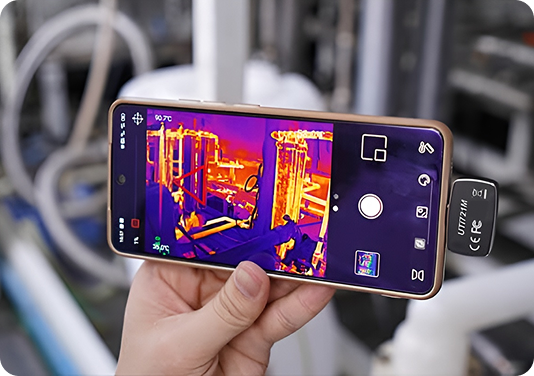- Thermal cycling under extreme conditions
- Shock and drop reliability testing
- Random vibration exposure analysis
- Temperature and humidity stress testing
- Functional go/no-go reliability validation

The client was preparing to launch a newly designed camera cell phone that needed to perform reliably in tough conditions. These devices would face constant vibration and high temperatures, making early failures or design flaws unacceptable. The challenge was clear: test the design under extreme stress to uncover weak points, predict potential breakdowns, and confirm the phone’s durability over the long term.